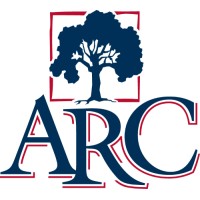Certificate of Achievement in Environmental Conservation Technician (Sustainability) (Certificate)
American River College
Sacramento, CA
This certificate advances the understanding of ecological systems and their interrelationships, including those with human society. It focuses on ecology, field methods and study design, and conservation and management of ecosystems and natural resources, with an emphasis on sustainability. Theoretical and practical aspects of sustainability are explored including social, economic, and environmental dimensions. Sustainable principles and practices are examined in the context of energy production and consumption, transportation systems, food production, water resources, industry, and the built environment. Environmental as well as social and cultural impacts of industrialization, capitalism, and globalization are addressed at various scales, and potential solutions to current problems are discussed.
This program prepares students for entry-level sustainability consultant/technician positions in a variety of industries and settings, including private firms, nonprofit organizations, educational institutions, and government agencies at the local, state, and federal levels. Work opportunities for program graduates include positions in environmental economics, sustainable business practices, green building, as well as sustainable communities, food systems, energy, and transportation.
Student Learning Outcomes
✔ apply the scientific method and critical analysis to environmental investigations
✔ evaluate natural resource systems, including their past and present use and management and future sustainability
✔ analyze social, ethical, and biological implications of environmental management alternatives
✔ identify ecological phenomena in one's everyday experiences and apply ecological principles to understand local, national, and global environmental issues
✔ assess the relationships of plants and animals to their environment and to each other
✔ measure and analyze the physical environment of plant and animal populations
✔ evaluate basic land survey, water quality, vegetation, and wildlife data
✔ examine the significance of biodiversity conservation
✔ examine technological, geographic, socioeconomic, cultural, and environmental considerations of alternative forms of energy production
✔ investigate theoretical and practical aspects of sustainability in the context of energy consumption, transportation systems, food production, water resources, industry, the built environment, and socio-cultural institutions and practices




